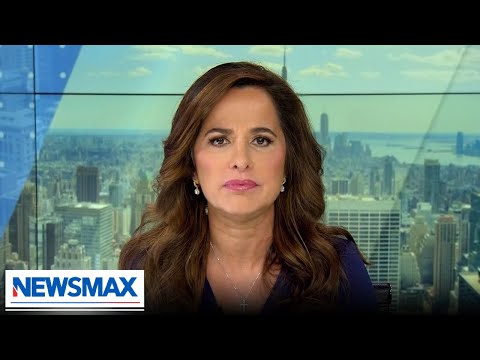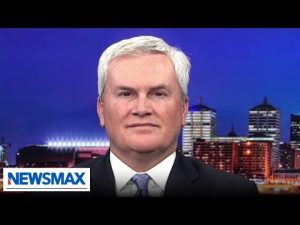In a time when the political landscape feels more turbulent than a rollercoaster ride, American citizens are left scratching their heads over the unfolding drama in Washington. Just weeks into Donald Trump’s presidency, the conservative chorus is sounding alarms about what they describe as a “shadow government.” The chatter around this situation would make anyone think they were in the middle of a political thriller—one where unelected officials are running amok, and chaos reigns. However, while some may see dire threats to democracy, conservatives view this as a dire call to arms, or perhaps more fittingly, a call to restore order.
The consternation begins with the ongoing battle against what many conservatives perceive as radical policies threatening their values. It seems that the left’s battle against Trump and his allies runs deeper than just political rivalry; it resembles a coordinated campaign. From medical decisions about children to the management of crime rates and immigration, these issues are wrapped in a mix of urgency and concern. The claim is that a recent power grab has turned the once peaceful governance into a full-blown constitutional crisis, invoking memories of Watergate and causing many to wonder just how far this drama will unfold.
According to conservative commentators, the media plays an integral role in this supposed crisis, with accusations rampant that they are distorting the truth to mislead the public. This situation bears striking resemblance to the sensationalism surrounding past political allegations, including the infamous Russia collusion saga. With the stakes this high, it’s easy to see why many conservatives believe their very foundations of government are under attack. They claim this is not merely a critique of political actions but an outright war on their values, leaving them rallying behind figures like Trump and Elon Musk, who they believe are standing strong against the tides of corruption.
Meanwhile, the discussion of New York City’s beleaguered Mayor Eric Adams has surfaced, adding to the political theatrics. With a Federal bribery case recently dropped against him, the governor and attorney general entertaining discussions about his potential removal from office raises eyebrows across the political spectrum. Critics argue that Adams may have been targeted not for his governance but for his recent shift in stance toward the immigration crisis. Ironically, the same political party that once championed him now seems eager to throw him under the bus. It raises the question: is political loyalty a fleeting notion, or merely a tool used to maintain power?
The conservative response suggests that these actions may be indicative of a broader agenda—one that ultimately seeks to control dissent within their ranks. Should Adams be ousted over political maneuvering, it sets a troubling precedent for future governance. The principle of “innocent until proven guilty” resonates deeply within a society that prides itself on justice. If Mayor Adams, despite his flaws, is sacrificed to appease the political elite, it leaves many questioning the integrity of their political institutions.
As the dust settles on this chaotic chapter, Trump remains a lightning rod for both ire and loyalty. His actions, including the subtle bravado of displaying his own mug shot, serve as a rallying cry for supporters who feel embattled by the onslaught of progressive policies dominating the discourse. In this theatrical play of politics, the audience is left waiting for the next act to unfold. Will order be restored, or will the chaos continue to reign? Time will tell, but for now, the conservative audience is left both entertained and anxious, wondering what the next episode of this political saga will bring.



